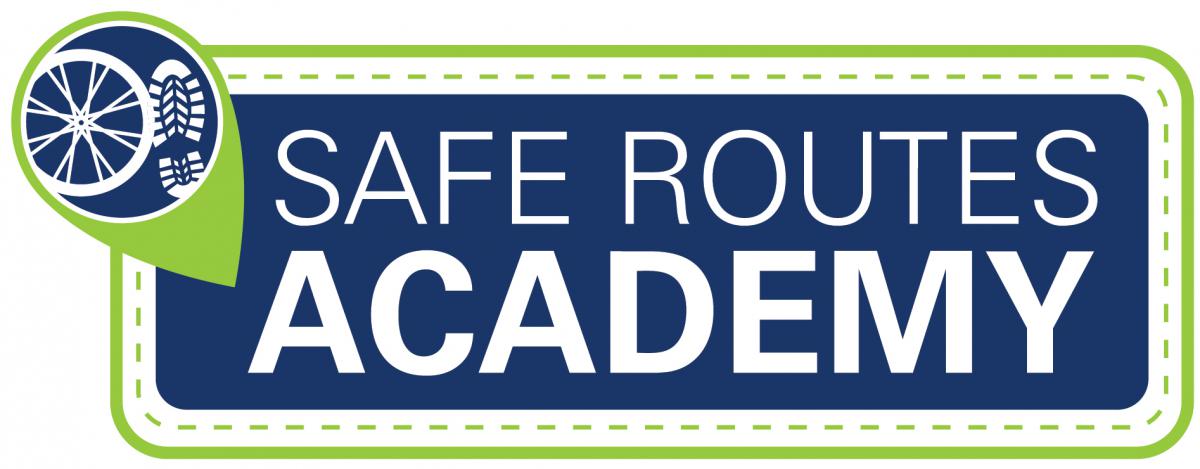
Resource Library
This report reviews eight key findings, including:
 As the 2013-14 academic school year ends, report cards are issued across the country. Grades in academic courses, physical education and the arts can lead to celebrations of achievement, or discouragement about not making the grade.
As the 2013-14 academic school year ends, report cards are issued across the country. Grades in academic courses, physical education and the arts can lead to celebrations of achievement, or discouragement about not making the grade.
Complete Streets: Best Policy and Implementation Practices is the result of a collaborative partnership among the American Planning Association (APA), the National Complete Streets Coalition (NCSC), and the National Policy and Legal Analysis Network to Prevent Childhood Obesity (NPLAN).
 After only a handful of hearings in the Senate and House this year focusing on a long term fix for our nation’s surface transportation needs, Congress sent a clear message last week to all those who hoped for long-term action: let’s talk next year!
After only a handful of hearings in the Senate and House this year focusing on a long term fix for our nation’s surface transportation needs, Congress sent a clear message last week to all those who hoped for long-term action: let’s talk next year!
Here’s how it all went down:
This fact sheet describes economic and community benefits of Complete Streets.This fact sheet describes economic and community benefits of Complete Streets.
This report describes trends and policy implications for active transportation in rural communities.

This study found that obesity prevalence would decrease by 22% if adolescents walked/biked to school 4–5 days per week,
 USDOT Secretary Anthony Foxx has issued a challenge to mayors and elected officials: take action to support safety for bicyclists and pedestrians of all ages.
USDOT Secretary Anthony Foxx has issued a challenge to mayors and elected officials: take action to support safety for bicyclists and pedestrians of all ages.
This toolkit shares what lessons learned from successful joint use agreements, offering guidelines and templates for other communities seeking to increase their own access to school recreational facilities.
 At the end of May, the current transportation law MAP-21 will expire unless Congress acts. Leaders in the House and Senate are currently wrestling over their options, with Congress likely to extend the current law until at least July and possibly through the rest of the year.
At the end of May, the current transportation law MAP-21 will expire unless Congress acts. Leaders in the House and Senate are currently wrestling over their options, with Congress likely to extend the current law until at least July and possibly through the rest of the year.
This document describes strategies used to implement collaborative and comprehensive education reform at all levels.
 There is no doubt that good walking and biking infrastructure is essential to successful Safe Routes to School programs. However, many communities already have “the bones” of adequate infrastructure, especially around established community-based schools in suburban and urban communities, or through completed Safe Routes to School-funded engineering projects.
There is no doubt that good walking and biking infrastructure is essential to successful Safe Routes to School programs. However, many communities already have “the bones” of adequate infrastructure, especially around established community-based schools in suburban and urban communities, or through completed Safe Routes to School-funded engineering projects.
This resource documents findings from a survey of school principals in Kentucky about shared use of school facilities with community agencies during non-school hours. The survey was intended to gather baseline data about shared use in Kentucky as well as challenges, opportunities, and best practices for establishing shared use.
It is with great pleasure that I share some exciting news with you. On August 3, 2015, the Safe Routes Partnership voted to expand its Board of Directors and voted in two new persons to serve as board members. Led by Board Chair Risa Wilkerson, the Board of Directors has been actively researching and working through targeted board development for the last year. These two new members bring a wealth of experience, the willingness to roll up their sleeves and get to work as well as a commitment to the sustainability of our organization. We truly could not be more pleased.
School districts are responsible for the education of almost 50 million public school students. This report identifies the larger community interest in decisions about retaining existing schools and deciding where to locate new ones.
Last week, the Surgeon General issued a powerful call to action urging all Americans to champion walking and walkable communities. By now hopefully you have heard this and are already putting efforts in place to align your school, nonprofit organization, or business with this game-changing ask. I was gratified to be present in Washington, DC when Dr. Murthy made the announcement, and at the Safe Routes Partnership we are moving forward without hesitation.
This study used a computer-based model of adults’ walking behavior in a hypotheticalcity to examine the possible impact of interventions on overall walking, andon walking for different purposes, among different socioeconomic groups.

